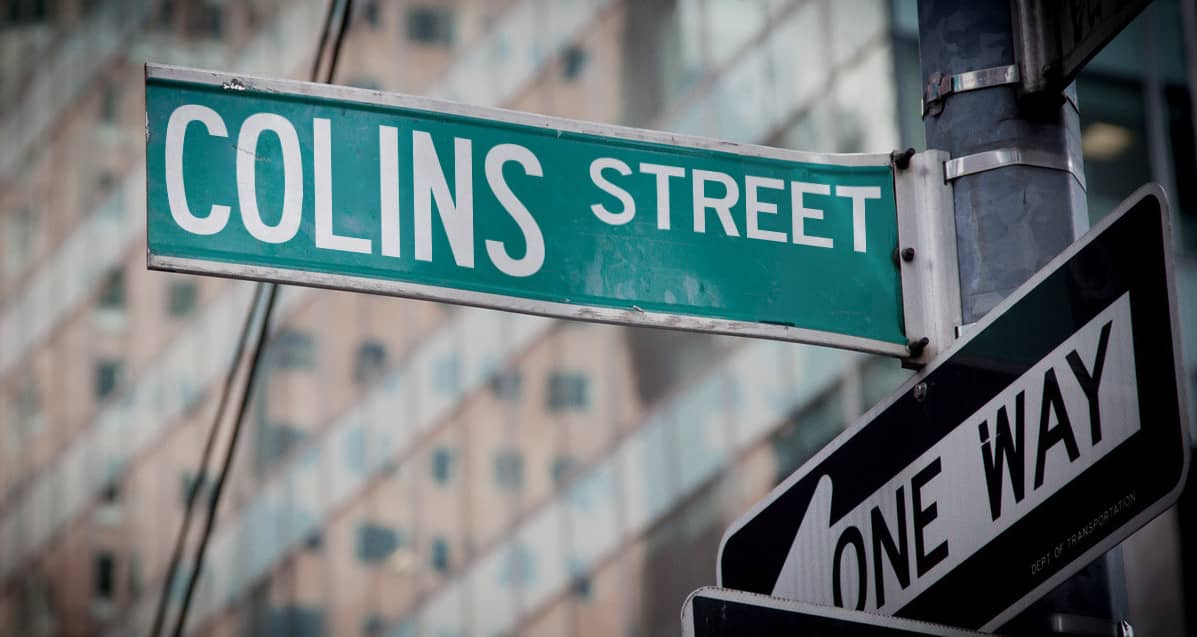In a city conspicuous for it’s high-rise modernity of glass and steel, the man found the old surgery tucked away, low down in gloom, a time capsule of the past, partially forgotten, or so it seemed.
Hidden in a non-descript, concrete building, the surgery was a stagnant box of stale air and synthetic light. Everything was in stasis, dated to the past. The room had probably felt modern back in the 70’s. It had never since, left that time.
Old, sickly ceiling tiles floated above faded, tired carpet, dragging magnolia walls inward to seal an airless box. Brittle plastic diffusers emitted jaundiced light, sapping life and energy. The room induced feelings of ill-health. It co-opted all but the hardiest into the prerequisite conditions necessary to see the doctor. Time itself grew sickly in that room. A small consolation, if there were one, were that germs themselves might conceivably shun such a bleak environment. The man had visions of bacteria, crawling for the door.
On the waiting-room wall hung a tired print of Monet’s fog-bleary outline of the Houses of Parliament in London. It had taken the man until his third visit to place the famous image. Age and time had rendered the masterpiece so faded as to be almost indiscernible. The fog of London’s Thames made hazier still by the long slow passage of time. ‘Surgery time’.
—
In the flesh the Receptionist had warmed up somewhat, employing a business-like formality for the opening engagement.
The man did not know it, but over subsequent visits he learned that like the fluctuating four seasons of Melbourne’s weather, the Receptionist was capable of rapid change. She could exhibit hot and cold spells with everything in between. A frosty chastisement for not filling out a form, or following ‘The System’, could quickly give way to a warm front of genuine affection; a favoured patient, blowing-in mid-gust, to disrupt the prevailing front. In those warmer moments, the Receptionist looked almost youthful, a glimpse of her younger self, showing a kindness and vitality now diminished by years. The summers of our past being almost always more radiant than those of the present.
She existed purely in the physical realm and no computer or smartphone was her dominion. Rather the index-system was mistress here and she a slave to it. Fingering through narrow trays of well-thumbed, yellowing cards, it was conceivable that some represented long-perished souls. When not filing, the Receptionist fielded intermittent calls via the large button telephone, while perpetually ordering the disordered files, that littered the desk.
Behind that desk and without any notion or irony, hung a faded classic, Turner’s iconic ‘The Fighting Temeraire’. The noble sail-ship the Temeraire, the proud glory of her day, ignominiously towed to oblivion by the modernity of a mechanical steamer. Progress held at bay, but never in the end defied.
—
It did not take long to realise that the surgery induced a clientele that could, conservatively, be described as mature. In all his visits he did not remember seeing anyone who looked below the age of 60 , with most being far older.
On his first visit the man had been accosted, warmly, by a gentlemen whom he affectionately named ‘The Ambassador’. A jolly, eccentric, of the old School, who was keen to talk and reminisce about travels in past times and past places. Oblivious to the single sided nature of the conversation, it had resulted in the production of a calling card, the Ambassador extending an invitation: the man warmly invited to call at a later date, “at a time favourable to both parties”.
—
